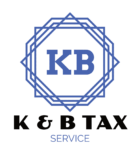- If you’re self-employed, hiring your kids could provide tax benefits.
- You could deduct wages as a business expense and fund your child’s Roth individual retirement account.
- However, you need to understand state and federal labor and tax laws first, experts say.
If you’re self-employed, hiring your kids could provide tax benefits — provided you follow labor laws and IRS rules, experts say.
Small businesses hiring their own children is a popular topic among social media influencers on platforms such as TikTok, Instagram and YouTube. But tax professionals say they are often battling misinformation from such posts.
“Most of the videos on TikTok have a kernel of truth to them, but they’re embellished or it only makes sense in very specific situations,” Matt Metras, a Rochester, New York-based enrolled agent and owner of MDM Financial Services, previously told CNBC.
More from Personal Finance:
This retirement account can offer triple-tax benefits for teens this summer
A 20% down payment is ‘definitely not required’ to buy a house, economist says
Elizabeth Warren wants student loan borrowers to know bankruptcy is easier now
“But when you have a 60-second video, you aren’t trying to convey that nuance,” Metras said.
If you’re planning to hire your children this summer, here are some key things to know, according to financial experts.
Employing your kids can be ‘tax-savvy’
“Hiring your child can be a tax-savvy move,” said certified financial planner Sean Lovison, founder of Philadelphia-area Purpose Built Financial Services. “Their wages can be deducted as a business expense, which can lead to significant savings for your small business.”
For 2024, the federal standard deduction for single filers is $14,600.
“If your child’s income falls within the limits, they may not owe any income tax, which can be a win-win,” said Lovison, who is also a certified public accountant.
Plus, payments to children may avoid Medicare and Social Security taxes, depending on the child’s age and your legal business structure, according to the IRS.
If your child’s income falls within the limits, they may not owe any income tax, which can be a win-win.Sean LovisonFounder of Purpose Built Financial Services
Once your child has “earned income,” or wages from employment, they can make Roth individual retirement account contributions, which can be powerful for younger savers, experts say.
There’s a triple-tax benefit for kids: They typically pay little to no taxes on contributions, plus growth is levy-free and withdrawals are generally tax-free in retirement, according to CFP Carol Fabbri, managing partner of Fair Advisors in Conifer, Colorado.
“It is never too early to get in the habit of saving,” she added.
However, you need to watch the contribution limit for 2024, which is your child’s total earnings or $7,000, whichever is smaller.
What to know before hiring your kids
Before hiring your children, it’s important to know state and federal labor laws, along with tax rules, experts say.
“Some states pretty much ban you from hiring children under the age of 14 under any scenario,” Lovison said.
If hired, your children must do real work for the business, and their compensation should be reasonable to match their tasks.
“Record-keeping is non-negotiable,” Lovison said. “It not only helps you navigate the tax landscape but also serves as a valuable resource if any questions arise about your child’s employment.”
Payments to children are subject to income tax withholding regardless of the child’s age, according to the IRS. Hiring kids as W-2 employees and withholding taxes “covers your bases,” but they’ll get a full refund of taxes paid if they’re under the standard deduction, Lovison said.


